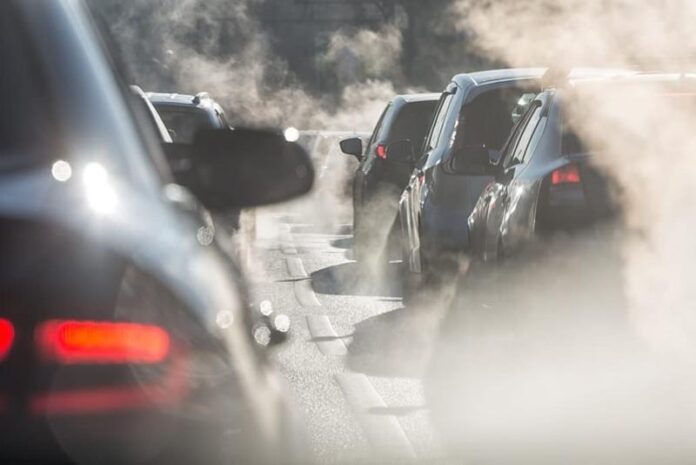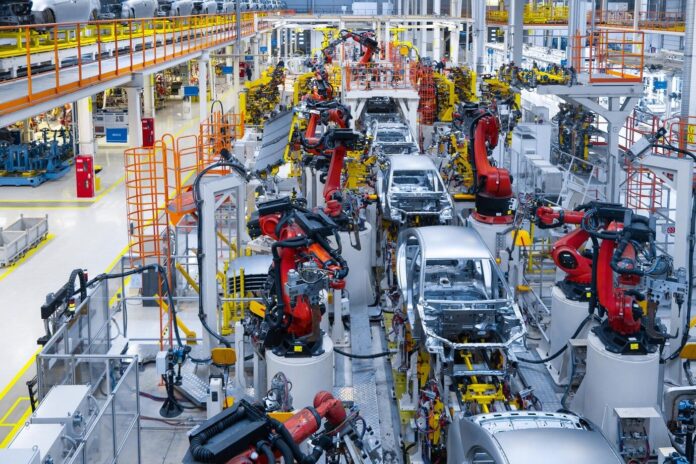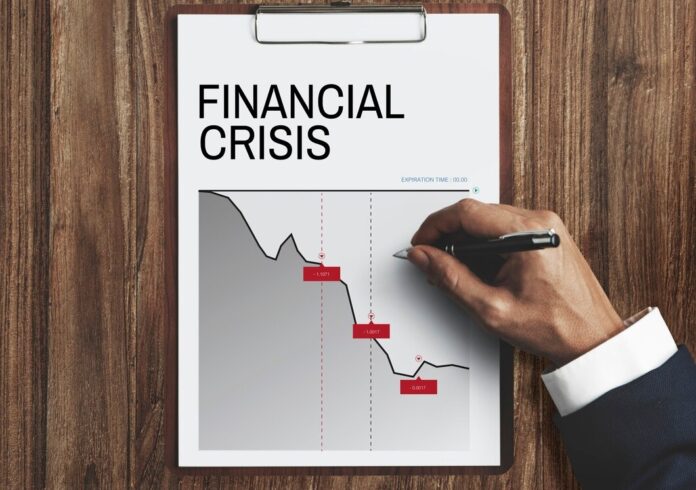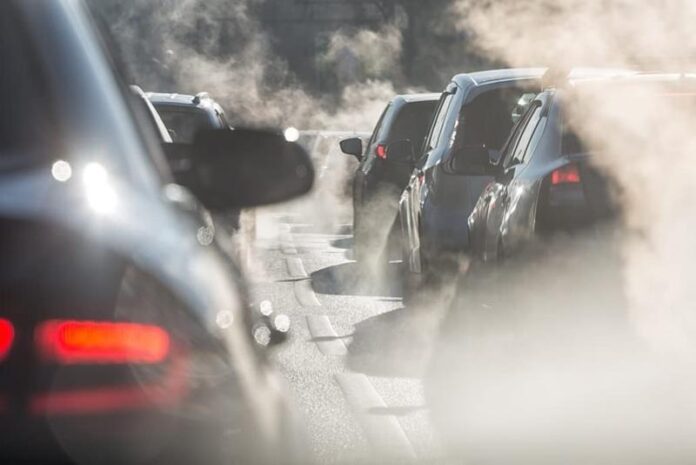The Dieselgate scandal shook the automotive industry to its core, revealing a widespread deception that has had lasting impacts. This controversy, also known as Emissionsgate, began in 2015 when it was discovered that Volkswagen Group (VW) had been using illegal software to manipulate emissions tests in their diesel vehicles.
The repercussions have been extensive, affecting the company financially and reputationally, and raising significant questions about industry practices and regulations. This article explores the origins, developments, and consequences of Dieselgate, focusing on its impacts on the automotive industry, consumers, and environmental regulations.
If you’re interested in learning more about the specifics of the Dieselgate legal battles and compensation claims, such as the actions taken by the law firm Pogust Goodhead, you can find detailed information by following this link connected to the law firm Pogust Goodhead.
Discovery of the Scandal

In 2015, the United States Environmental Protection Agency (EPA) uncovered that VW had been selling diesel vehicles equipped with software designed to cheat emissions tests. This “defeat device” was detected when a vehicle was undergoing testing and activated emission controls to meet regulatory standards.
During normal driving conditions, these controls were turned off, allowing the vehicles to emit pollutants far exceeding legal limits. This revelation exposed a massive breach of trust and compliance, highlighting severe lapses in regulatory oversight and corporate ethics.
Beyond the 600,000 vehicles identified in the United States, it is estimated that around 11 million vehicles worldwide were equipped with defeat devices. This global scale highlights the extensive reach of the scandal.
Several high-ranking executives at Volkswagen were arrested and charged in connection with the Dieselgate scandal. This includes former VW CEO Martin Winterkorn, who faced charges of fraud and conspiracy for his role in the emissions cheating scheme.
The Impact on Volkswagen
Volkswagen faced severe consequences following the Dieselgate scandal. Financially, the company was hit hard, with billions of dollars paid in fines and settlements. The EPA and other regulatory bodies imposed hefty penalties, and VW was compelled to compensate affected customers.
Beyond financial repercussions, VW’s reputation suffered immensely. The scandal undermined the company’s longstanding image of environmental responsibility and technological innovation, leading to a decline in sales and market share.
Broader Implications for the Automotive Industry

Dieselgate had significant implications beyond Volkswagen. It brought to light the inadequacies of emissions testing and regulatory frameworks worldwide. The scandal triggered increased scrutiny of other automakers, leading to similar accusations against companies like BMW, Ford, and Mercedes.
This scrutiny revealed that emissions cheating was not isolated to VW but was a broader issue within the industry, necessitating comprehensive reforms in regulatory practices.
Environmental and Health Consequences
The environmental and health impacts of Dieselgate are profound. The illegal emissions from affected vehicles contributed significantly to air pollution, particularly nitrogen oxides (NOx), which have detrimental effects on human health.
NOx emissions are linked to respiratory problems, cardiovascular diseases, and premature deaths. The scandal underscored the need for stricter emissions standards and more effective enforcement to protect public health and the environment.
Socio-Economic Impacts
The Dieselgate scandal extended beyond financial losses and legal repercussions, significantly affecting the socio-economic landscape. Volkswagen’s deceit led to a shift in consumer behavior, with a noticeable decline in trust towards diesel vehicles and a marked preference for electric and hybrid alternatives. This shift influenced automakers to accelerate innovations in cleaner technologies and invest heavily in electric vehicle (EV) production.
Employment within the automotive industry also faced turbulence. In regions heavily dependent on diesel vehicle manufacturing, job security became a concern. The need to retrofit or replace diesel vehicles prompted a restructuring within companies, impacting thousands of workers. On the other hand, the demand for EVs created new job opportunities, particularly in research and development, battery manufacturing, and EV assembly lines.
Governments worldwide responded with increased investment in green infrastructure. Policies promoting sustainable transport, such as subsidies for EV purchases and the expansion of charging networks, gained momentum. This transition not only aimed to mitigate the environmental damage caused by Dieselgate but also sought to boost economic growth through the emerging green economy.
Legal and Financial Fallout

The legal repercussions of Dieselgate have been extensive. Volkswagen faced numerous lawsuits from governments, regulatory bodies, shareholders, and consumers. In 2022, VW agreed to pay £193 million to over 90,000 vehicle owners in the UK alone. However, many affected individuals are still awaiting compensation.
Law firms globally have been instrumental in seeking justice for consumers, and the legal battles continue to unfold, highlighting the long-term financial and legal impacts of corporate malfeasance.
Consumer Trust and Market Shifts
The scandal significantly eroded consumer trust in diesel vehicles and the automotive industry as a whole. Prior to Dieselgate, diesel engines were lauded for their fuel efficiency and perceived environmental benefits.
The negative publicity surrounding emissions cheating led to a sharp decline in diesel vehicle sales. Consumers began shifting towards electric and hybrid vehicles, reflecting changing attitudes towards more sustainable and environmentally friendly transportation options.
Regulatory Reforms and Future Directions

In response to Dieselgate, regulatory bodies worldwide have implemented stricter emissions standards and more rigorous testing protocols. The scandal prompted a reevaluation of regulatory frameworks, aiming to prevent future misconduct and ensure greater transparency and accountability within the industry.
These reforms are crucial for restoring public trust and fostering a more sustainable and ethical automotive sector.
Conclusion
Dieselgate remains one of the most significant corporate scandals in history, with far-reaching consequences for Volkswagen, the automotive industry, and society at large. The scandal exposed deep-rooted issues in emissions testing and corporate governance, leading to substantial financial, legal, and reputational damages for VW.
It also highlighted the urgent need for stronger regulatory oversight and more sustainable practices within the industry. As the world moves towards cleaner and more efficient transportation solutions, the lessons from Dieselgate serve as a stark reminder of the importance of integrity and accountability in business practices.









